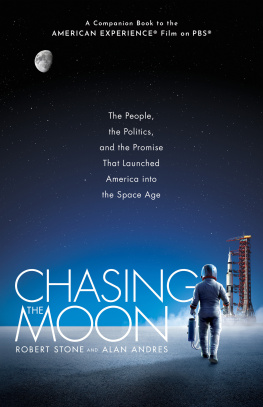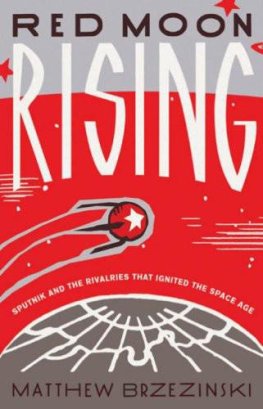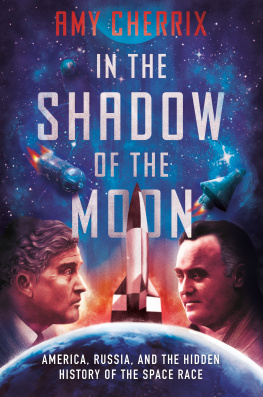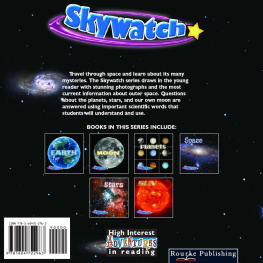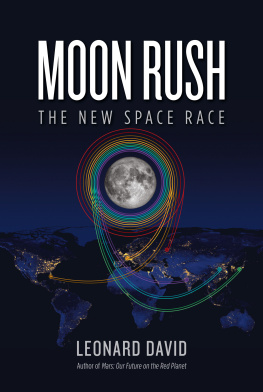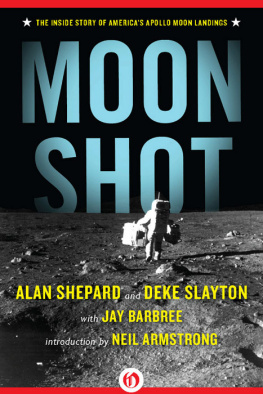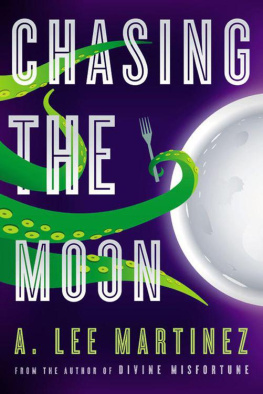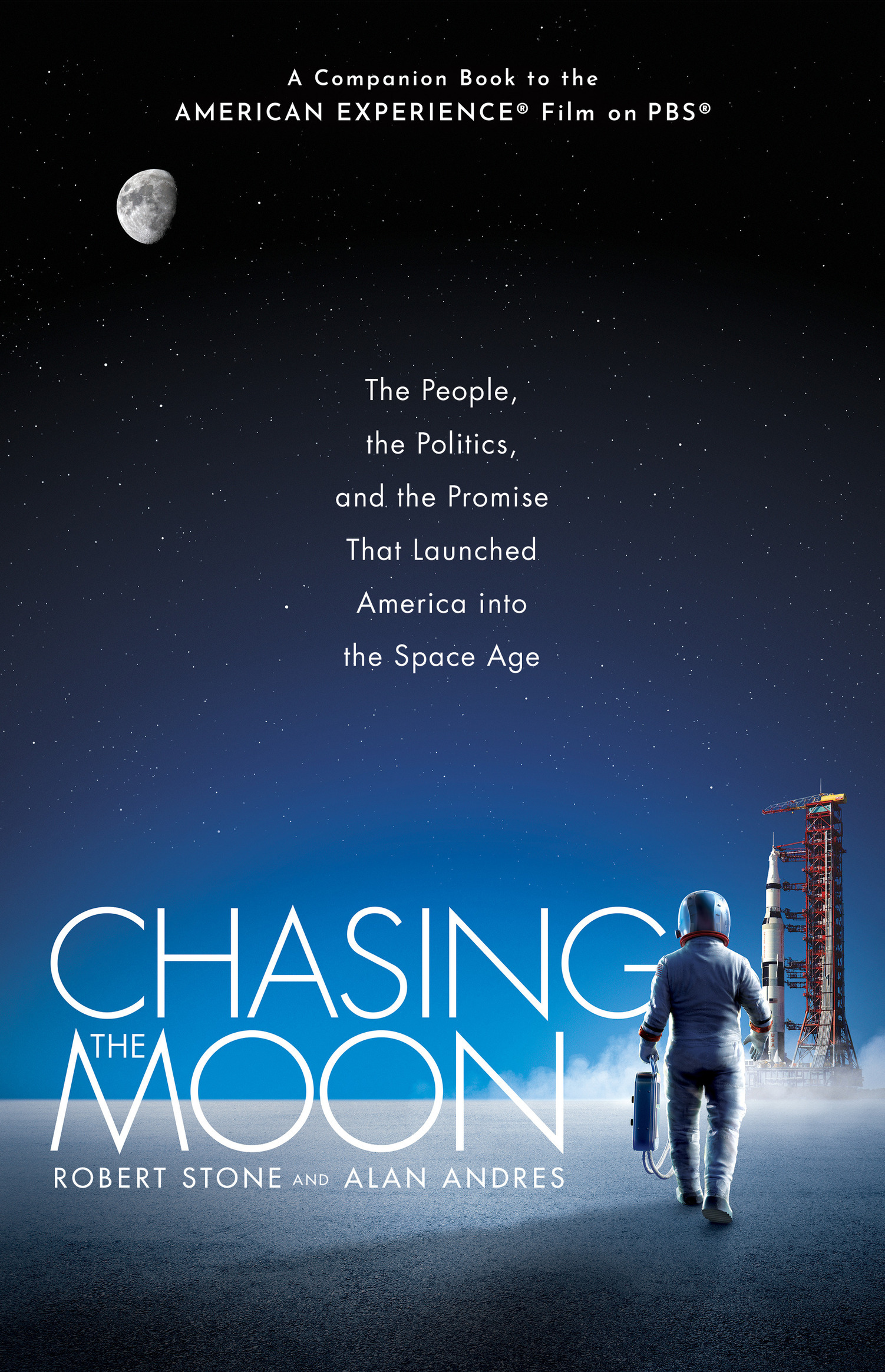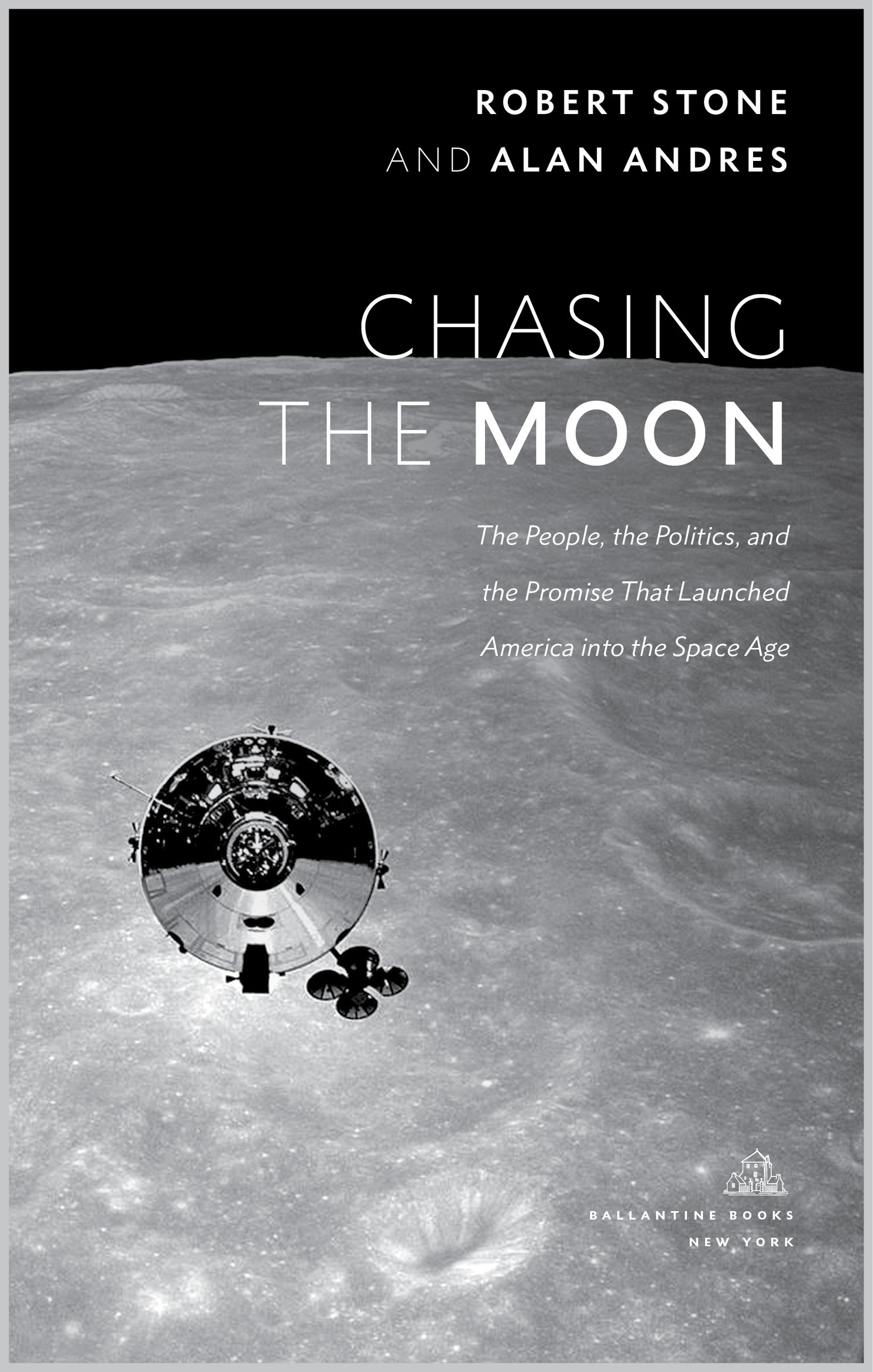As of the time of initial publication, the URLs displayed in this book link or refer to existing websites on the Internet. Penguin Random House LLC is not responsible for, and should not be deemed to endorse or recommend, any website other than its own or any content available on the Internet (including without limitation at any website, blog page, information page) that is not created by Penguin Random House.
Copyright 2019 by Alan Andres and Robert Stone
All rights reserved.
Published in the United States by Ballantine Books, an imprint of Random House, a division of Penguin Random House LLC, New York.
B ALLANTINE and the H OUSE colophon are registered trademarks of Penguin Random House LLC.
AMERICAN EXPERIENCE is a registered trademark of the WGBH Educational Foundation. Used with permission.
The PBS Logo is a registered trademark of the Public Broadcasting System and used with permission.
Grateful acknowledgment is made to Tom Lehrer for permission to reprint an excerpt from Wernher von Braun by Tom Lehrer, copyright 1965 by Tom Lehrer. Reprinted by permission of the author.
LIBRARY OF CONGRESS CATALOGING-IN-PUBLICATION DATA
Names: Stone, Robert, author. | Andres, Alan, author.
Title: Chasing the moon: the people, the politics, and the promise that launched America into the space age / Robert Stone and Alan Andres.
Description: New York: Ballantine Books, [2019] | Includes bibliographical references and index.
Identifiers: LCCN 2018059390 | ISBN 9781524798123 (hardcover)
Subjects: LCSH: Astronautics and stateUnited StatesHistory20th century. | Aeronautics and stateUnited StatesHistory20th century. | Space flightHistory20th century. | Space race. | Outer spaceExplorationHistory20th century.
Classification: LCC TL 789.8. U 5 S 76 2019 | DDC 629.45/4dc23 LC record available at https://lccn.loc.gov/2018059390
Ebook ISBN9781524798130
randomhousebooks.com
Artwork design 2018 Public Broadcasting Service
Chasing the Moon is available on Blu-ray and DVD. To purchase, visit shop.pbs.org.
Chasing the Moon is a Robert Stone Productions film for American Experience.
Insert photos courtesy of NASA unless otherwise indicated.
Book design by Simon M. Sullivan, adapted for ebook
Cover art and design courtesy of PBS
v5.4_r2
ep
Contents
PROLOGUE
J ULY 16, 1969
T HE SUN BEGAN rising over the northeast coast of Florida on what would be a humid subtropical mid-July morning. The brown pelicans swooping over the dunes sensed the day was anything but typical. Parked tightly together on the sides of the narrow roads to the beaches and causeways were thousands of cars and campers. The air carried the thrumming sound of helicopters ferrying visitors to the Kennedy Space Center. Since shortly after sunrise, all the roads to the Cape had become clogged with traffic.
Nearly a million people were gathering under the harsh Florida sun to witness the departure of the first humans to attempt a landing on another world, the Earths moon, 239,000 miles away. Should it be successful, the piloted lunar landing would culminate a decade of mounting anticipation.
Eight years earlier, President John Kennedy stood before Congress and called for the United States to put a man on the Moon and return him safely to Earth before the end of the decade. At the time, the Soviet Unions commanding position in space appeared assured. They had been the first to launch an artificial satellite, the first to fly past the Moon, and, in a one-hundred-eight-minute flight, the first to orbit a human around the Earth. When Kennedy addressed Congress, the suborbital flight of the only American to venture into space had been less than fifteen minutes.
But by July 1969, as America readied to launch Apollo 11 from the space center bearing the name of the late president, the Soviet space threat had receded. This would be the twenty-first piloted NASA space mission; in comparison, the Russian total was twelve, and all had remained in low earth orbit. Now the richest nation on Earth was about to undertake a daring technological feat of unprecedented magnitude, a demonstration of national will framed as a world media event. It was a story of courage, adventure, and scientific exploration as well as an exercise in geopolitics.
If not for the persuasive influence of a select group of visionaries, this moment in history would have been inconceivable. For some it was the fulfillment of a personal dream dating back to childhood. For others it was a way to promote democracy, extend human knowledge, and establish the nations technological and academic preeminence. Some saw it as humanitys inevitable evolutionary destiny; others their personal patriotic duty.
A few hundred feet south of the giant Vehicle Assembly Building, where the Saturn V moon rocket had been put together, a balding middle-aged Englishman dressed in a gray suit looked toward the launchpad from CBS Newss temporary broadcast facility. Arthur C. Clarke had imagined this day since his teenage years, having co-authored one of the first serious publications about a possible expedition to the Moon. He was scheduled to appear on live television with CBSs veteran newsman Walter Cronkite shortly after Apollo 11s liftoff. During the preceding year, Clarkes reputation as a leading author of science fiction had risen to greater prominence due to his association as co-writer of director Stanley Kubricks 2001: A Space Odyssey, the top-grossing film of 1968. For Clarke, the moon landing would establish the extraterrestrial presence of Homo sapiens in the cosmos, with a promise of what the human race might achieve in the future.
At the same moment, in NASAs Launch Control Center, a few hundred feet away from the press center, Wernher von Braun also looked toward the launchpad, three and a half miles away. One of the most famous men in America, the tall, handsome German-born rocket engineer trained his field glasses on the 365-foot-tall Saturn V. Designed by a team under his direction, it was the most powerful rocket in the world. Much like his friend Arthur Clarke, von Braun had his fascination with space travel ignited at an early age by reading science fiction.
A decade earlier the German had been hailed a national hero following the successful launch of the United Statess first satellite. A master salesman, von Braun had a unique skill, persuading powerful decision makerssenators, presidents, generals, and dictatorsto give him whatever he needed to build his powerful rockets to explore space. However, despite his renown and having lived in the United States for nearly a quarter century, questions surrounding von Brauns past continued to shadow him. During World War II, he had overseen the creation of the first long-range guided ballistic missile for Adolf Hitlers Third Reich. This portion of his biography was well known and had even served as the basis for a Hollywood feature film, but despite having addressed it repeatedly in the past, von Braun and his wartime career in particular remained controversial and open to occasional speculation.
Adjacent to both the designated press area and the Launch Control Center were a few simple wooden bleachers, not unlike those found alongside a typical high school football field. This was NASAs VIP viewing area, the most coveted location on Cape Kennedy, despite its lack of shade on this sweltering July morning. Ambassadors, senators, congressmen, corporate heads, authors, and celebrities had begun assembling there less than an hour before Apollo 11s scheduled liftoff time at 9:32 A.M.

